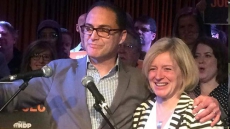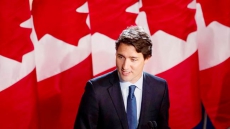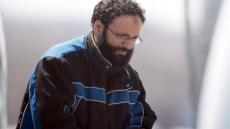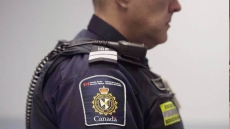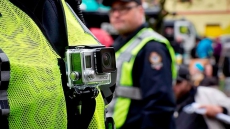MONTREAL — WestJet Airlines says it will use low fares to compete with new discount rival NewLeaf but its "ancillary revenue" will come only from extra fees that it thinks will "add value" for its guests.
The Calgary-based airline's chief financial officer told an investor conference Thursday that WestJet won't follow NewLeaf by charging passengers for carry-on baggage or for printing boarding passes at the airport.
"We want to grow our ancillary revenues but we want to grow it through the things we think add value to our guests and their experience with us," WestJet CFO Harry Taylor told an AltaCorp Capital conference webcast from Toronto.
Winnipeg-based NewLeaf, which begins service next month, plans to start with two planes flying among seven secondary airports in Canada.
Its website clearly courted the budget traveller when its launch was announced Jan. 6, saying: "Your fare gets you the two essentials: a seat and a seatbelt. The rest is up to you.''
WestJet originally started in 2009 as a bare-bones discount carrier with a similarly small fleet, but has since grown and added amenities to its flights.

It has also increased "other" revenue, which totalled $355.9 million in the first nine months to Sept. 30 from $267.8 million in the comparable period of 2014 — up nearly 33 per cent.
WestJet began charging a $25 baggage fee for economy flights to Europe after Jan. 6, and has raised fees for some reserved seating, in order to generate between $15 million and $25 million in additional revenue this year.
Earlier in the conference, Bombardier (TSX:BBD.B) said it hopes to win one or two orders from large airlines to ignite the needed momentum for the new CSeries commercial aircraft.
The Montreal-based manufacturer has gone more than a year without a new order for the 110- to 160-seat plane.
Yan Lapointe, manager of investor relations, said breaking into a new market against the strong duopoly of Boeing and Airbus takes time.
However, he said the CSeries is a good plane whose operating performance has exceeded promises.
The delayed and over-budget CS100 plane — the smallest model and first to be certified by Transport Canada — is expected to be in service in the coming months.

